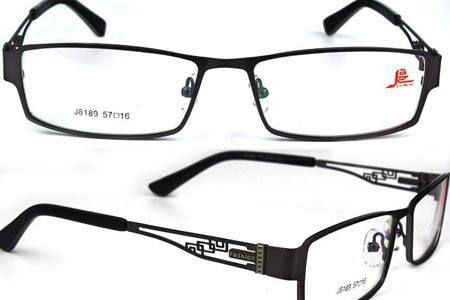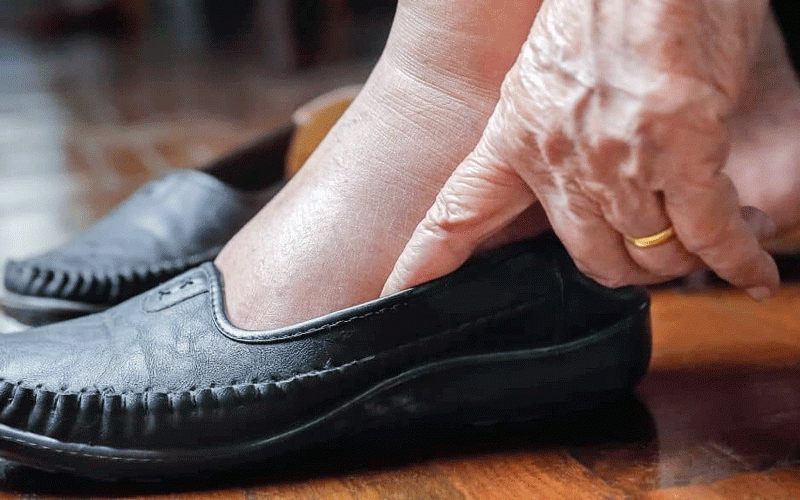
Gone are the days when specs were just for seeing with.
Report by Mailonline
Researchers are now working on high-tech glasses that can help people hear better, sleep better and even feel happier.
“It’s only recently that researchers have started to realise that there may be more to wearing glasses that simply having better eyesight,” says Frank Eperjesi, head of optometry at Aston University, in Birmingham.
Recent research suggests that altering the type of light that enters the eye can have knock-on effects in the body.
Eperjesi adds: “A better understanding of our visual system and how it relates to other parts of the body — in particular the brain — coupled with the development of lightweight materials has led to a range of smart specs that can be used to help detect and treat a range of health problems.
“As more developments take place over the next few years, and prices drop, we can expect to see more people wearing glasses for reasons other than better vision.”
Here we reveal the healthy specs that may soon be adorning your face.
- Civic groups target youths in voter awareness
Keep Reading
Normal varifocals have two strengths of lenses in them, for close and distance vision, so the wearer has to look through the top or bottom to adjust their vision.
Now scientists have developed new battery-powered glasses that automatically know when you want to read or look into the distance, and adjust the strength of lenses accordingly.
The high-tech specs, with microchips and a battery embedded in the frames, contain liquid crystals in the lenses.
These are found in electronic displays, such as those on mobiles and microwaves, and change their shape when an electric current is applied to them.
When a person looks up from reading, the glasses detect this movement and the battery emits an electric current.
This makes the liquid crystals change their structure, effectively making the lens thicker or thinner.
The glasses, called the emPowers, cost around US$1 300.
“The current cost is prohibitive since a pair of varifocal lenses can be purchased for about US$130 from most opticians practices,” says Eperjesi.
“However, if the cost comes down there may be a large market for these glasses.”











